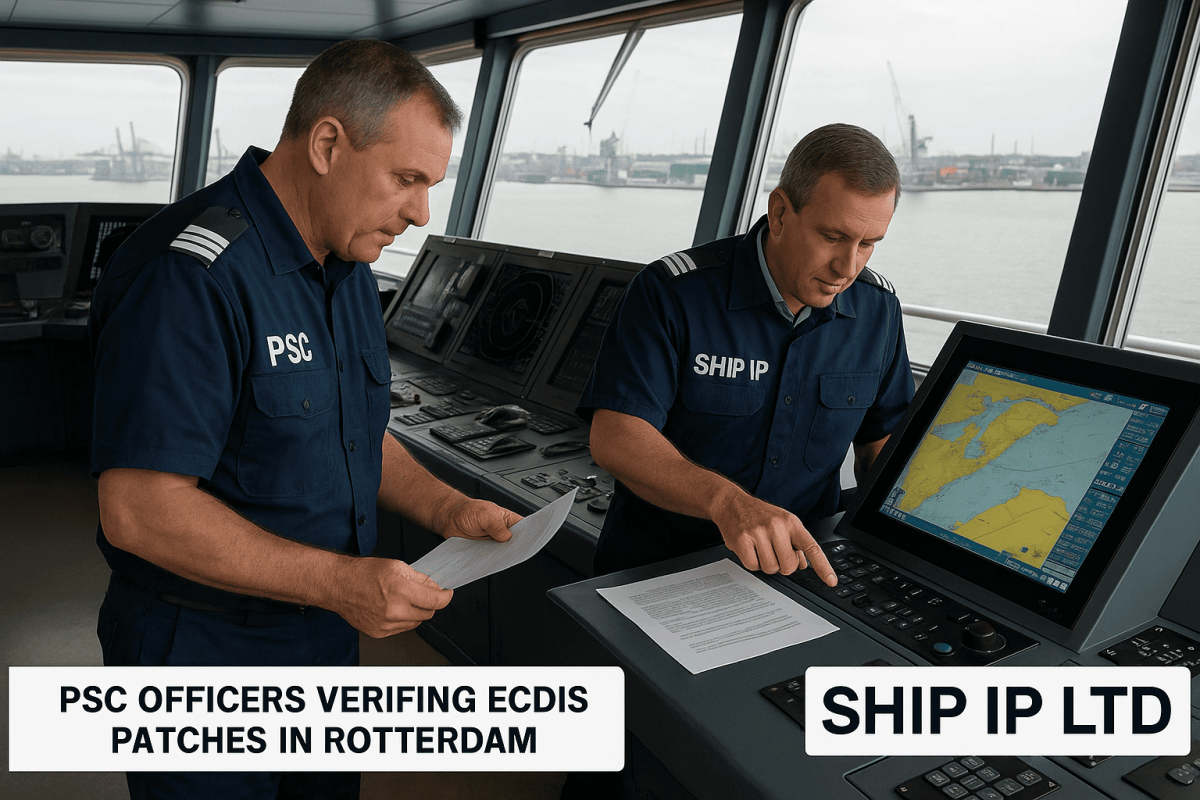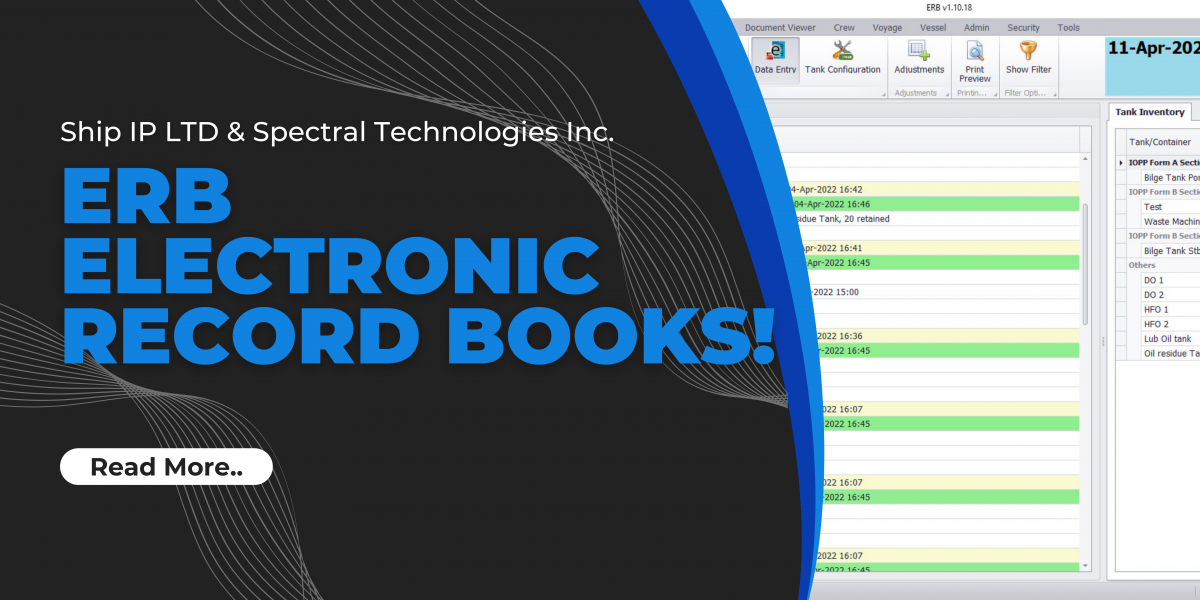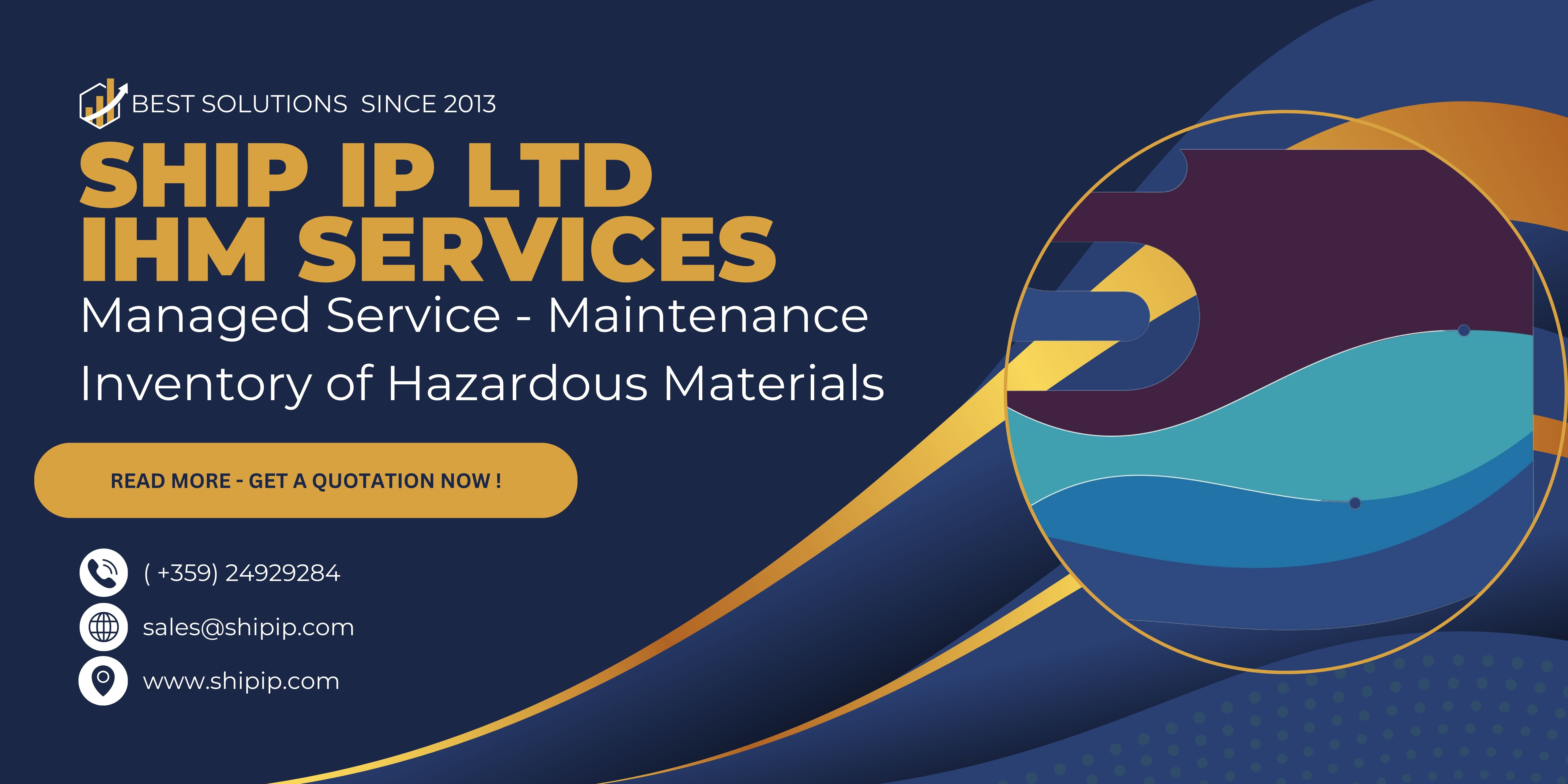Urgent Update: Enforcement Now Active
As of June 1, 2025, the IMO’s SN.1/Circ.901 is fully enforced, with:
-
23 ships detained globally for non-compliance (per Equasis data)
-
Top deficiencies:
-
Unpatched Furuno FEA-2100 systems (62%)
-
Missing hardware security modules (HSMs) (28%)
-
Incomplete crew training records (10%)
-
Key Requirements Under Scrutiny
1. Mandatory Patches for Critical Vulnerabilities
| System | Patch Version | Risk if Unpatched |
|---|---|---|
| Furuno FEA-2100 | v4.2.1 (2025-05) | GPS spoofing attacks |
| Transas Navi-Sailor 4000 | v3.8.3 | Chart tampering |
| JRC JAN-9200 | v2.6.0 | Ransomware infiltration |
2. Hardware Security Modules (HSMs) Now Mandatory
-
Approved Models:
-
Thales payShield 9000 ($3,800/ship)
-
Utimaco CryptoServer CP5 (IMO-certified)
-
-
Deadline: Installed before next annual survey
3. Crew Training Documentation
-
New 2025 Standard: Minimum 4 hours/year of cyber drills
-
Acceptable Proof:
-
IMO-model course 1.45 certificates
-
VR training logs from Marlins
-
Recent Enforcement Actions
Case Study: MV Atlantic Dawn Detention (June 15, 2025)
-
Location: Singapore Port
-
Deficiency: Unpatched JRC ECDIS (v2.4.0)
-
Consequences:
-
48-hour detention ($12,000/day fee)
-
Class suspension until compliance
-
Lesson: PSC checks now include automated version scans of ECDIS firmware.
Compliance Checklist for June 2025
-
Verify Your System
ECDIS Menu → Help → About → Check version
-
Submit Proof to Flag State
-
Template: IMO Compliance Declaration Form
-
-
Prepare for PSC Inspections
-
Required documents:
-
Patch installation logs
-
HSM purchase invoices
-
Crew training records
-
-
Industry Impact
Insurance Changes (June 2025):
-
Lloyd’s Market Association: 15% premium surcharge for ships without HSMs
-
North P&I Club: Cyber claims denied if ECDIS unpatched
Quote from BIMCO:
“Over 40% of ships needed last-minute upgrades in Q2 2025 – don’t risk detentions.”
📌 Key Resources
-
IMO SN.1/Circ.901 (2025 Revised)
-
Free Cyber Compliance Webinar (June 28, 2025)





 inven
inven MSC-MEPC.6-Circ.23 – Annex – as at 31 January 2025.pdf
MSC-MEPC.6-Circ.23 – Annex – as at 31 January 2025.pdf



